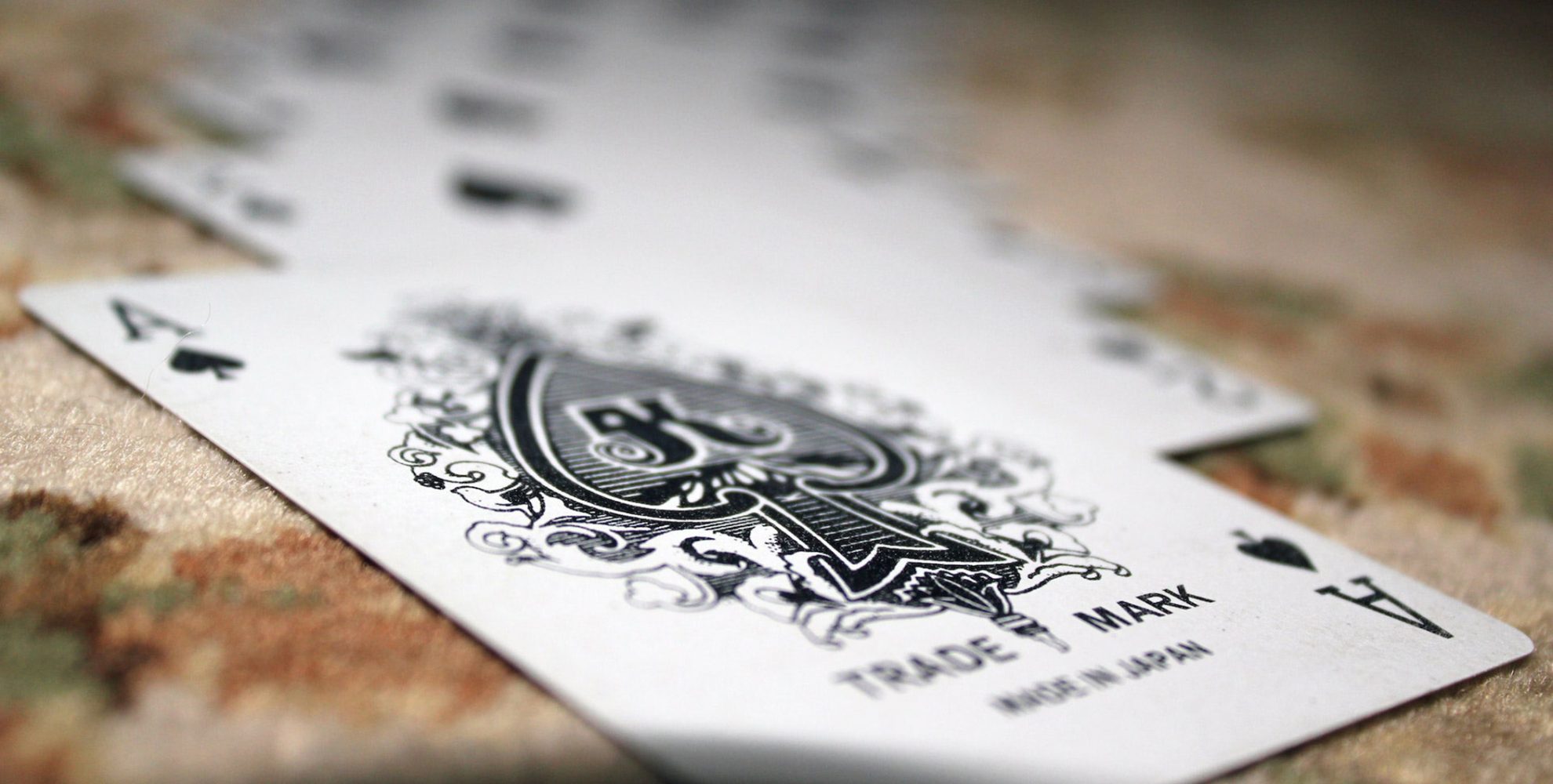What does family history mean to you?
I think of small, imperfect stones passed from hand to hand, polished and smoothed by time, weighty and cool to the touch. When you hear a good story, you might say, “that’s a gem.” Hold your gems to the light.
One of the gems passed down to me goes like this.
My dad cried on his first day of kindergarten. He cried the moment he woke up; he cried into his cornflakes. He cried as my Nanna dressed him in a crisply ironed uniform she’d left to warm on a stool by the fireplace. He sniffled and cried on the short walk down the road to school, by the oval that smelt of freshly cut turf. The smell of the turf reminded him that he’d rather be playing cricket with his mates, like he’d done every day that summer. He cried some more.
His new teacher was not impressed.
— What am I going to do with this little one?
— He likes to play cards. If he’s still crying in an hour, sit him down for a game of cards.
— What does he like to play? Snap? Go fish?
— No, no. He likes to play poker.
For me, poker and family history go hand-in-hand. I learnt to play as a kid, too. Growing up, we had the mildly sacrilegious tradition of playing five-card draw for chocolate egg stakes during the Easter holidays. I first heard that story about my dad over a patio table littered with hot cross bun crumbs, tiny, discarded foil wrappers, and Queen’s Slipper playing cards. That morning, I got up early to set a trap for my Poppa.
The preparations were elaborate and required some calculation. I wanted the illusion to be perfect.
I set two decks of cards on the table in front of me. I fanned out the cards of one deck and selected five red diamonds: ten, jack, queen, king, and ace. A royal flush. I then— peeking over my shoulder nervously, surreptitiously— re-arranged the deck so that when I dealt it, I would be the recipient of an unbeatable, mythically improbable hand.
When my Poppa sat down that morning to play, I dealt the unspoiled deck first. Normal game, narrow victory for Poppa. Time to increase the stakes? I put my eggs on the table. All in.
What I remember most clearly about what unfolded next is how my Poppa’s amazement quickly gave way to something else— a narrowing of the eyes and a sly upturn of the corner of his mouth— and how I knew he knew I was fraud. It was my moment of triumph and I felt only dissatisfaction and shame. I left my eggs on the patio table and they melted away in the afternoon heat, leaving only their crisp foil shells to glint in the sun.
I hated to disappoint Poppa. Poppa was a hero.
In the Second World War, he fought in the jungles of East Timor and Papua New Guinea. His unit operated behind enemy lines, cut off from communication with Australia and hopelessly outnumbered.
To cope with the stress, they smoked. They smoked almost constantly, rolling meagre cigarettes that reminded Poppa of the forbidden pleasures of an adolescence abbreviated by war: green-blue tins of Craven A ciggies, twenty to a tin, with kittens on the lid. Poppa was 17 when he enlisted. He lied about his age on his application. Now he felt sick every night.
He decided to make a change.
Years later, sitting at the card table over toasted buns and a steaming cup of tea, his eyes twinkled as he spoke.
He quit smoking cold turkey. For a day and a night, as he went about his duties, his feet didn’t touch the ground. That’s what it felt like. Like floating on air. It was euphoric.
The next afternoon he sat with his mates and played poker, rolling their cigarettes for them as they played. He no longer felt any desire to roll one for himself.
My Poppa is gone now, but his voice still rings in my ears if I stop to listen. I will tell his stories to my children— I’ll tell them over tables scattered with crumbs and teacups and playing cards.

